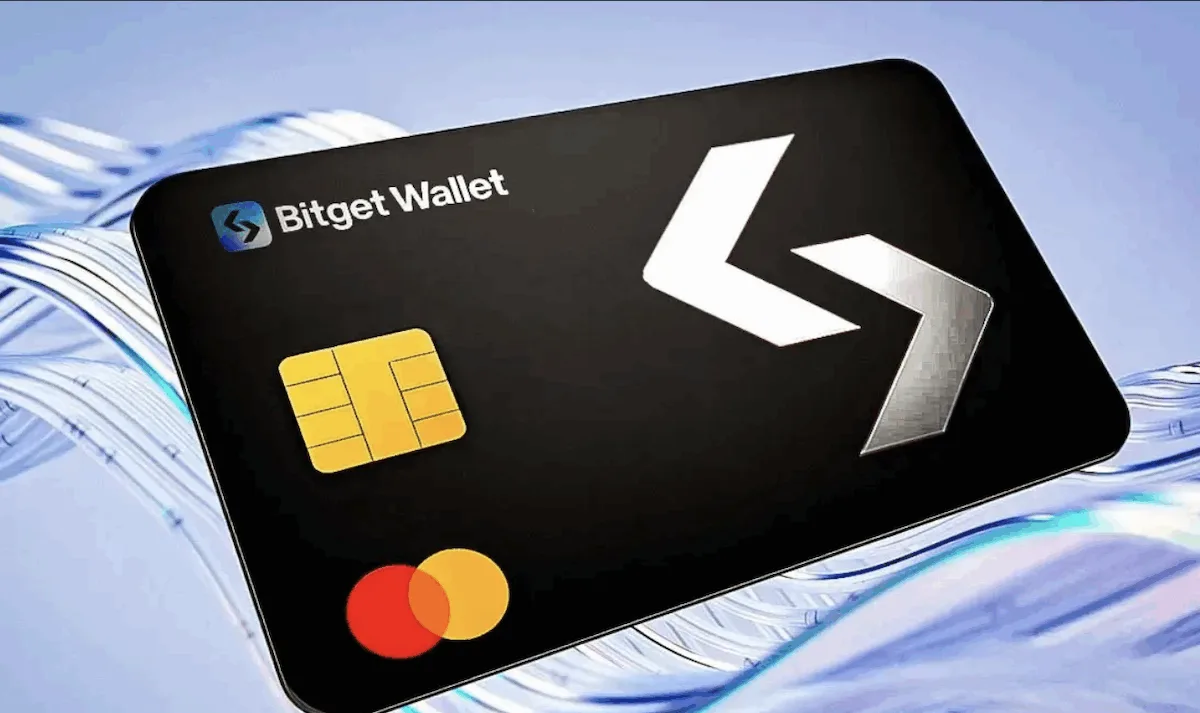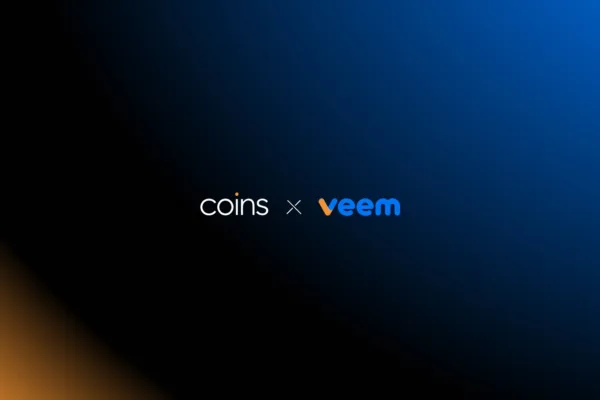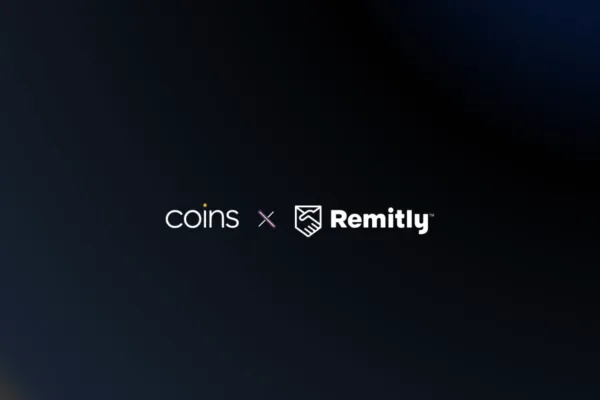The border between crypto and everyday finance is getting thinner. Bitget Wallet, one of the world’s leading non-custodial digital wallets, has officially launched its Bitget Wallet Card in selected Asia-Pacific markets, marking a significant step in bringing cryptocurrency spending closer to daily life.
The new card links users’ self-custodied crypto assets directly to the Mastercard network, which spans over 150 million merchants globally, and Visa’s payment rails in more than 200 countries. Through the Bitget Wallet app, users can apply for the card, complete a fully digital onboarding process, and instantly add it to Apple Pay or Google Pay for worldwide use.
Transactions are processed seamlessly through onchain swaps and deposits into stablecoins such as USDT and USDC, with free top-ups for added convenience.
“Launching the Bitget Wallet Card in Asia-Pacific is a pivotal milestone in our strategy,” said Jamie Elkaleh, Chief Marketing Officer of Bitget Wallet. “It strengthens our vision of combining self-custody, compliance, and real-world utility — giving users a single gateway to spend, save, and earn with digital assets.”
Crypto payments on the rise in Asia-Pacific
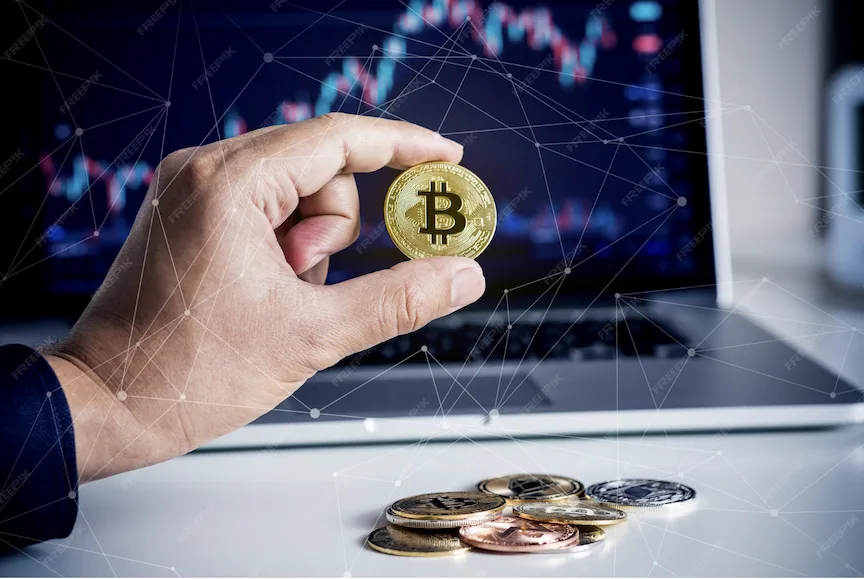
The launch comes as Asia-Pacific (APAC) cements its position as the fastest-growing crypto market in the world, with onchain activity soaring 69% year-over-year to US$2.36 trillion, according to recent data.
Southeast Asia, including the Philippines, has emerged as a hotbed for crypto activity, fueled by both remittance-driven demand and digital payment innovation.
In countries like the Philippines — where over half the population uses e-wallets and digital banking adoption continues to rise — crypto integration in payments is increasingly viewed as the next logical step for fintech growth.
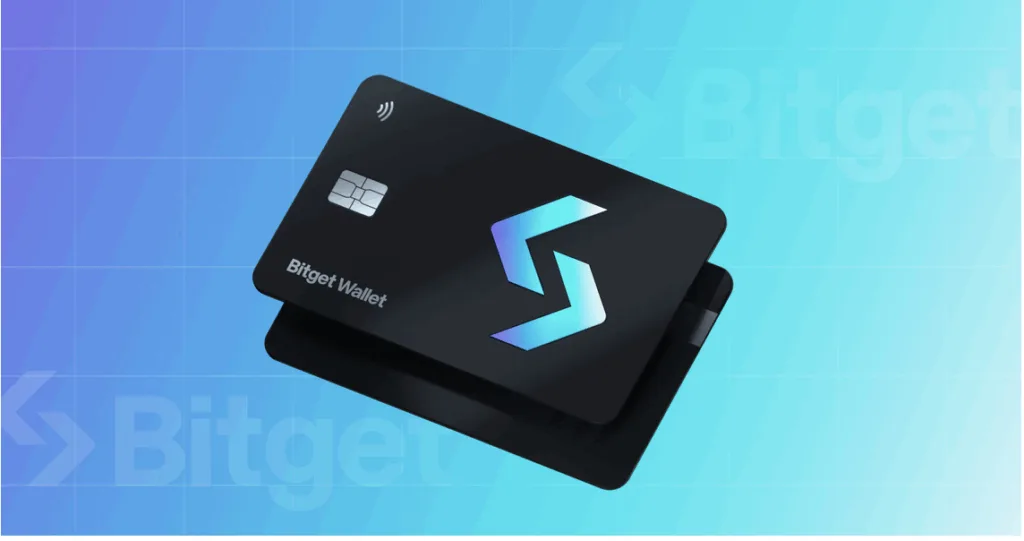
With its Bitget Wallet Card, the company aims to bridge the gap between blockchain-based assets and mainstream finance. By leveraging Mastercard and Visa’s global payment networks, the product allows users to spend crypto as easily as cash — whether for a cup of coffee, a grocery run, or online shopping.
“Asia-Pacific has shown a strong appetite for crypto payments,” said a regional fintech analyst. “This move by Bitget Wallet aligns with the region’s broader trend toward merging traditional finance with decentralized technologies. It could accelerate the way Filipinos and other APAC consumers interact with digital money.”
Empowering the self-custody movement
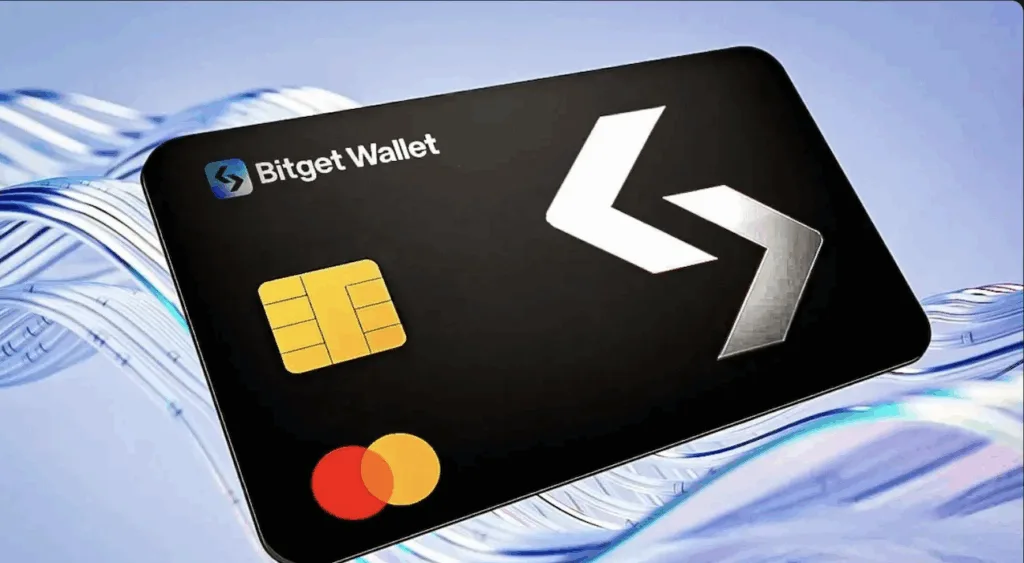
Unlike traditional exchange-linked cards, the Bitget Wallet Card is built around self-custody, meaning users retain full control of their digital assets. This approach taps into growing user demand for transparency and autonomy following recent exchange collapses and tighter regulatory oversight worldwide.
Bitget Wallet claims over 80 million users globally and supports 130+ blockchains, 20,000+ DApps, and over a million tokens. The wallet also provides integrated access to staking, token swaps, decentralized apps, and a $300 million user protection fund, reinforcing its commitment to safety in an industry still wrestling with volatility and security risks.
By combining crypto’s decentralized foundations with familiar payment infrastructure, Bitget Wallet’s new card may help make digital assets more accessible to ordinary consumers — a goal echoed across the fintech space.
Crypto in everyday life
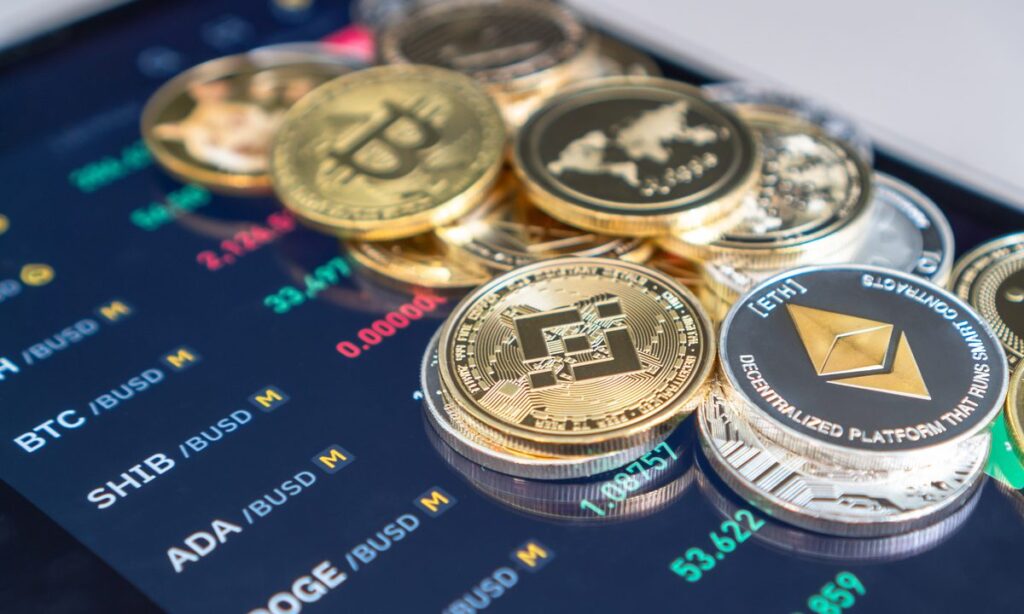
For the Philippines, where digital payments now account for over 42% of all transactions, the timing could not be better.
Local fintech players such as GCash, Maya, and Coins.ph have been experimenting with crypto-linked products and blockchain integrations, showing a clear appetite for more flexible, global payment options.
With Bitget Wallet’s entry into the Asia-Pacific market, Filipino users could soon gain another gateway to spend crypto seamlessly, connecting local fintech innovation to the global Web3 ecosystem.
“Crypto is no longer just about trading—it’s about everyday utility,” Elkaleh emphasized. “The Bitget Wallet Card brings us closer to that future, where users can live, shop, and travel while staying fully in control of their assets.”
As fintech and crypto continue to converge across Asia, the launch of Bitget Wallet’s crypto card underscores a larger shift: from speculation to real-world application. And for a market like the Philippines — where tech-savvy consumers are redefining finance one tap at a time — that shift might already be underway.
For more information, visit web3.bitget.com/card.




